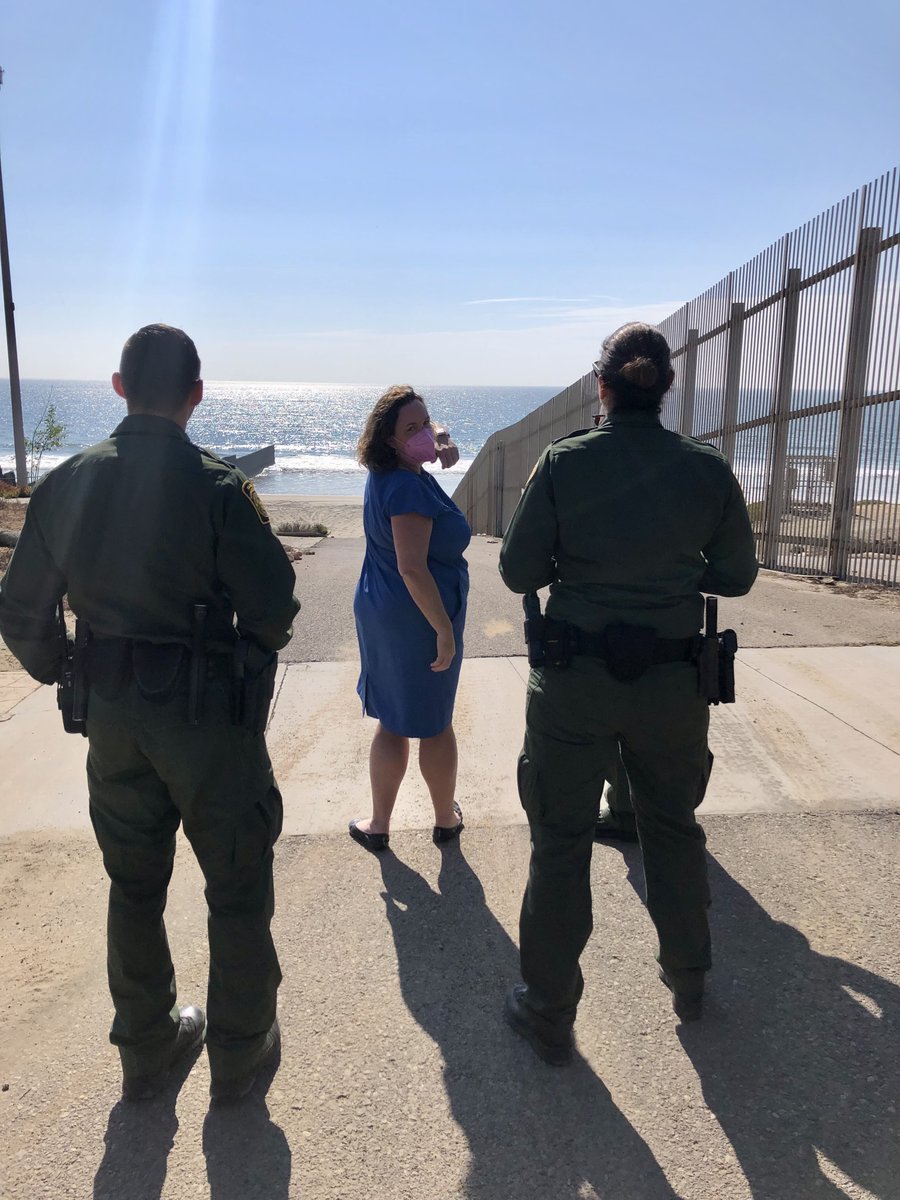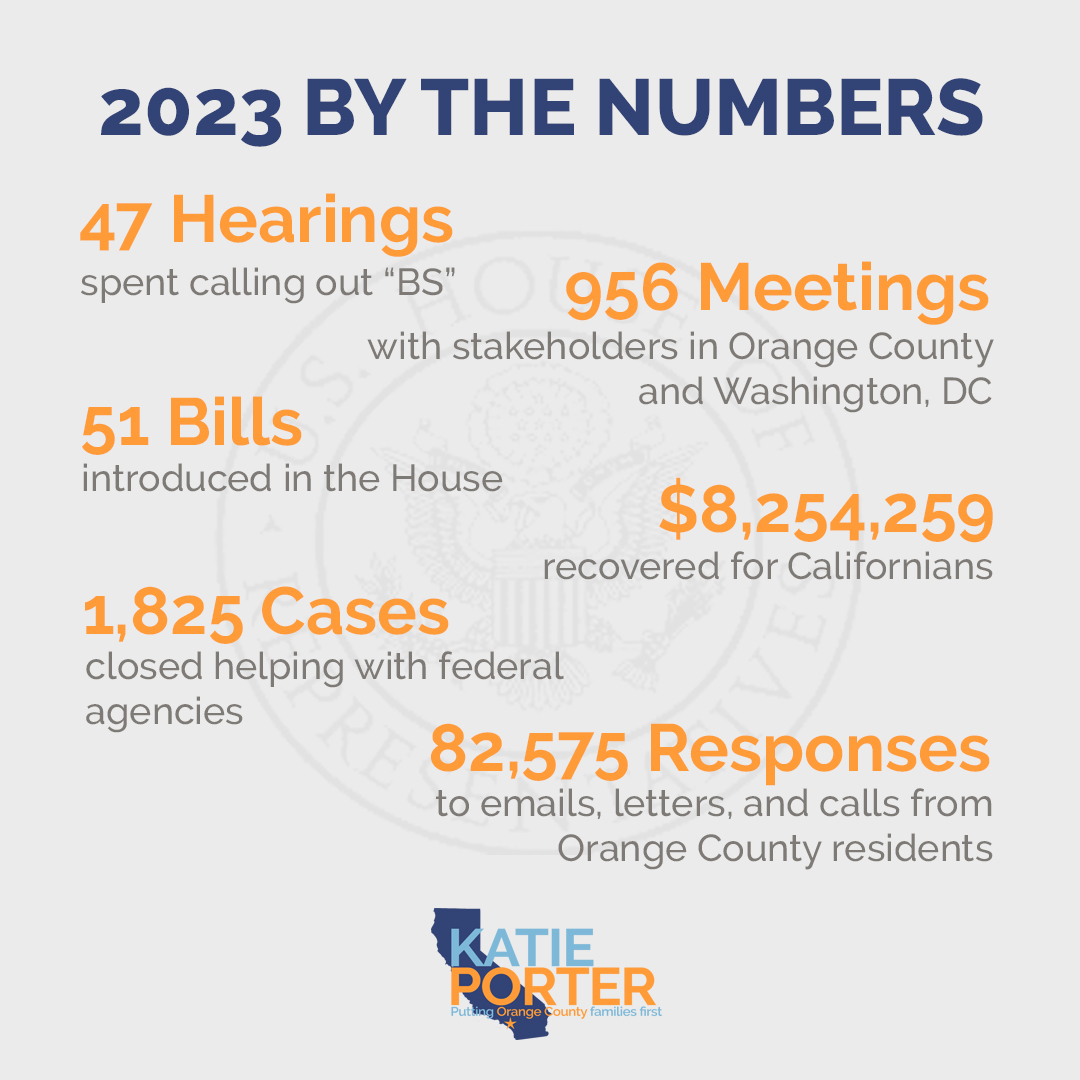I visited the U.S.-Mexico border to listen and to learn. Partisan pundits are no substitute for seeing for yourself. (Disclaimer: the border is not a monolith. The border in California is different from TX or AZ—in geography, in history, and in economy.) THREAD on what I saw. ⬇️ 

Borders are a necessary part of defining a nation-state. Each country sets border policy on the people and goods that enter and exit, and does so in the context of its neighbors, global affairs, and values. That policy should be lawful and fair. (2/x)
At the busiest port of entry, San Ysidro, I saw new screening technology, including biometric and vehicle scanning tools. I crossed into the U.S., seeing for myself how agents use technology, experience, and training to identify unlawful activity. (I was admitted!) (3/x) 

Border patrol told me that our border is the most secure in its history. Federal data show that the top country of origin for new immigrants is China. Visa overstays now outnumber unlawful border crossings as the main source of unauthorized immigration to the U.S. (4/x)
However, secure borders are not sealed borders. A regular and orderly process for entry—for everything from goods to asylees—is required by U.S. and international laws. One-third of the people I represent are foreign born, and they are neighbors and co-workers. (5/x)
A common point raised about our immigration policy is that those seeking to build a life in the U.S. should “wait in line.” So I asked U.S. Customs and Border Patrol to show me the line. Where would a refugee go? How does screening occur? How long is the wait? (6/x) 

The response was silence. Here is the truth: There is no process. A person fleeing violence cannot go to our border and apply for asylum. If you walk up to the border without a visa or U.S. residence, you are ignored. How can migrants get in line if there is no line? (7/x)
I visited Tijuana and saw the circumstances facing migrants. In the Chaparral camp, gangs control migrants’ lives, often extorting or victimizing them. The violence makes it unsafe for advocates to visit, and I viewed at a distance. (8/x) 

I visited Embajadores de Jesús in Tijuana, run by a compassionate pastor who tries to shelter everyone. I saw hundreds of people who have no home and no next step, peacefully and patiently sharing one room. No privacy. No personal belongings. (9/x) 

One woman came to TX from Ecuador. She was held in detention for days, flown overnight to CA for “processing,” then deposited at the shelter. I held her exhausted daughter, as she told me crying about fleeing an abusive husband. (Thanks @AlOtroLado_Org for translating). (10/x) 

She had family to welcome her to the U.S. as did all the other migrants that I spoke with. Wearing masks and waiting their turn, everyone had one question: how do I apply for asylum with the U.S. government? I was a member of Congress, and the answer was grim. (11/x) 

We are violating laws that require us to review migrants for a legitimate fear of persecution in their home countries. Asylum is a legal process. It should be a transparent and fair system. In its place are smugglers and injustice. (12/x)
By eliminating any way to even apply for asylum, the U.S. government is enabling human traffickers to control the process or leaving the strong and fit to their own efforts. Left behind are women, children, elderly, and people with disabilities. (13/x)
Border patrol told me heartbreaking stories about migrants losing their lives and how their law enforcement work becomes difficult search and rescue missions. They described dangers of floods and toxic waste in the Tijuana River Channel that endanger migrants and agents. (14/x) 

Border agents have to deport most migrants without any consideration and apply a vague humanitarian parole standard that's almost impossible to meet. Seriously ill migrants may be admitted to the U.S. to get urgent medical care, for example, only to be deported days later. (15/x)
Border cities, state agencies, and charities step up where the U.S. government fails. The CA Office of Emergency Services shoulders the cost and work of getting migrants tested and vaccinated for COVID and Jewish Family Services provides a compassionate welcome. (16/x) 

If we want migrants to use a lawful, orderly process, we need to create that process. If we want secure borders, we need ports of entry that take asylum applications. Migrants and Border Patrol alike cannot “follow the rules” when the U.S. has failed to set the rules. (17/17)
• • •
Missing some Tweet in this thread? You can try to
force a refresh






